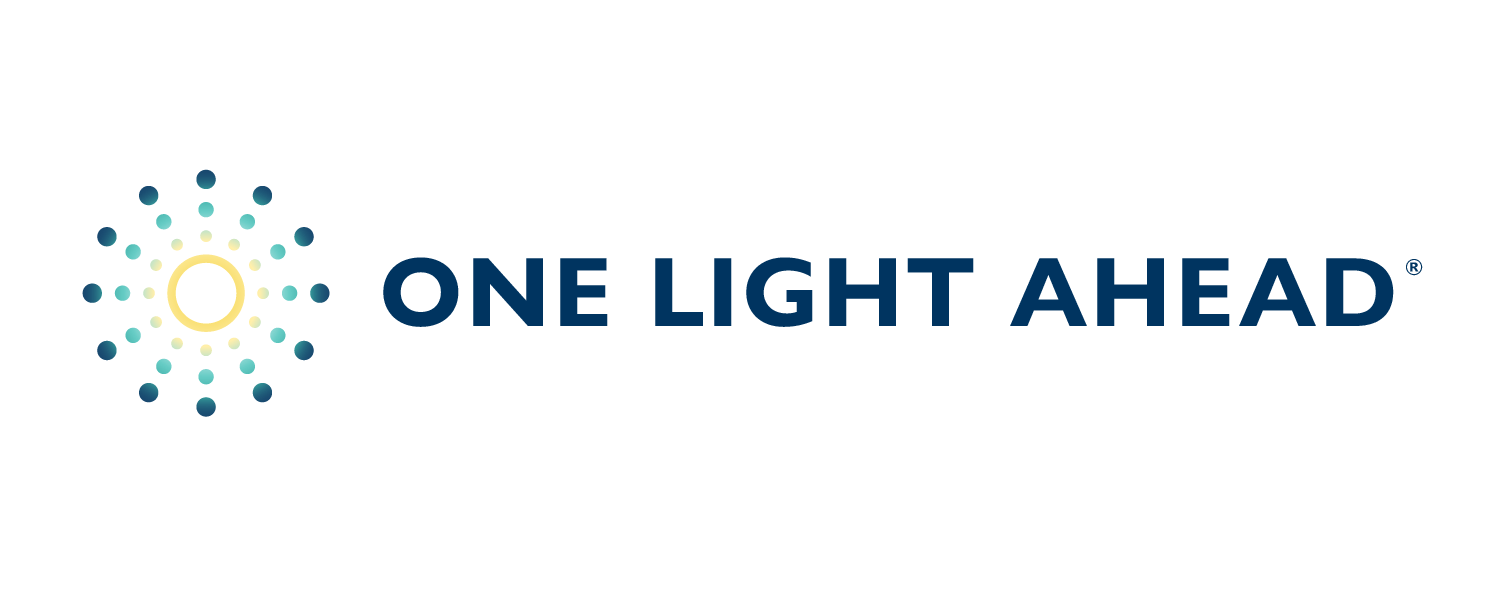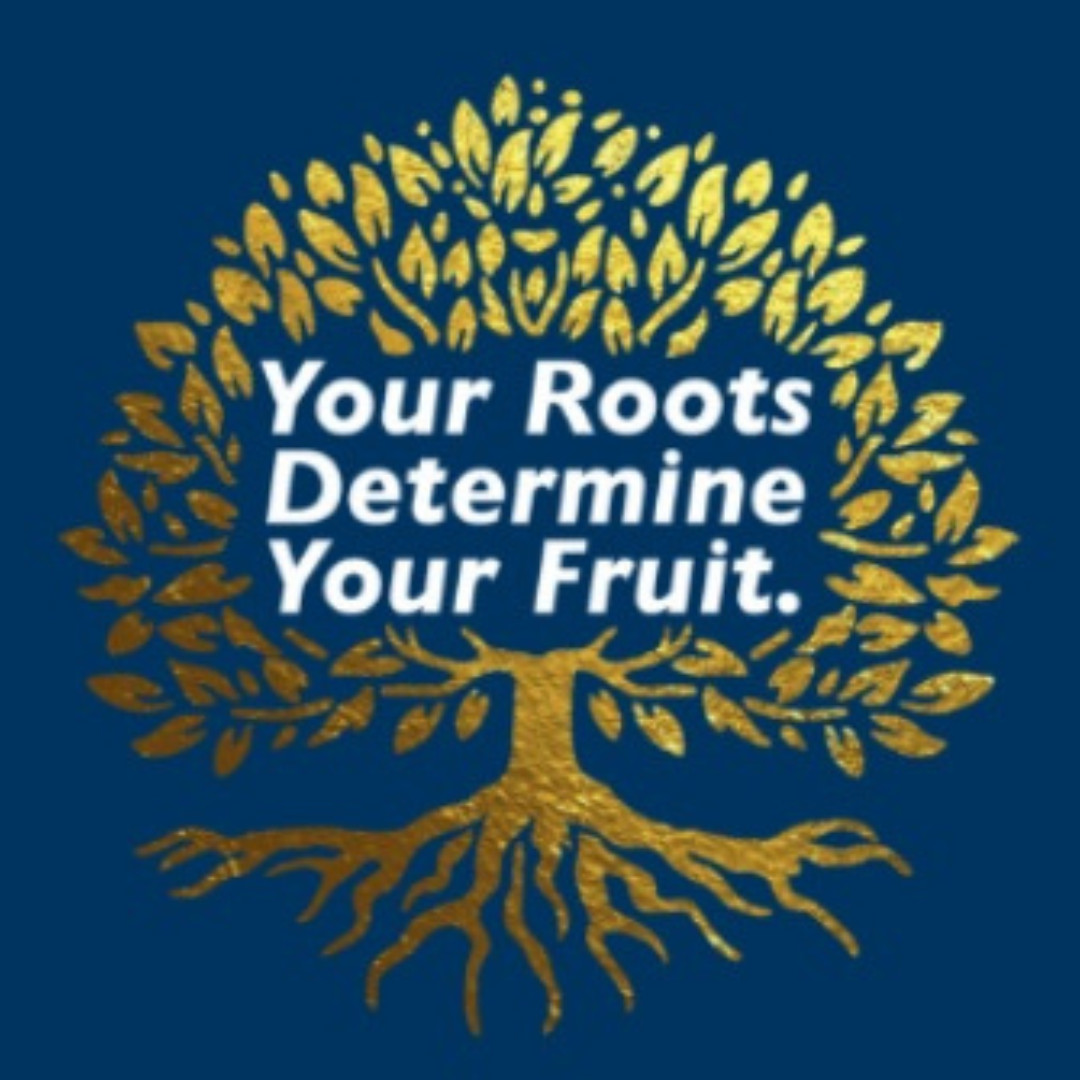
Corporate America is undergoing a significant transformation in leadership, recognizing that traditional management methods need to be paired with a deeper, human-centric approach. Modern leaders are moving towards genuine connection and collaboration, emphasizing the need for environments where employees feel valued and heard. This new style of leadership fosters loyalty and motivation by understanding and engaging with employees on a personal level.
The shift involves leaders moving from just talking about empathy and communication to implementing them through meaningful actions. Leaders now realize that true change requires consistent demonstrations of these values, where active listening and understanding team perspectives is crucial. By fostering an atmosphere of curiosity and dialogue, leaders harness diverse viewpoints, empowering all generations to contribute and innovate.
Another aspect of this transformation is the emphasis on trust and psychological safety within organizations. Leaders are encouraged to demonstrate vulnerability and openness, which in turn encourages employees to voice their ideas without fear of judgment, leading to higher performance and resilience. Additionally, accountability is being redefined as a growth-oriented process, focusing on understanding and improving rather than assigning blame, ultimately creating adaptable and creative teams.
Read more...
Employee disengagement poses a significant threat to organizations by hindering productivity, turnover, and innovation. Statistics reveal that only a minority of employees feel engaged, psychologically safe, or have a clear understanding of their job roles. The root of these issues often lies in poor leadership, which fosters a toxic work environment and contributes to the disillusionment of employees who eventually seek opportunities elsewhere.
Effective leadership is crucial for cultivating a positive and encouraging workplace. By focusing on clear communication, setting meaningful goals, and listening to employees, leaders can transform chaotic environments into organized and productive ones. Engaged employees not only perform better but also contribute to sustainable business success, emphasizing the need for leadership that inspires and empowers rather than merely manages tasks.
Leadership development programs, like The Leadership Experience, have shown transformative potential by enhancing individual strengths and aligning roles with talents. Leaders who address disengagement by establishing clear expectations and fostering a sense of belonging create thriving cultures. Prioritizing connection and engagement is essential for unlocking the full capabilities of teams and achieving organizational growth.
Read more...
This blog post shares a heartfelt note from a client, Lisa Grace, who illustrates the impact of resilience and the support she received through self-leadership tools during a challenging time. Facing her husband's battle with cancer, Lisa found strength in the teachings of the "Juice Box" analogy, which emphasizes the importance of protecting one's energy to remain strong in tough situations. Her reflection on making intentional choices, like taking a weekend for herself, underscores the power of self-care in building resilience and maintaining purpose.
Lisa's experience highlights the transformative power of small, intentional decisions that rejuvenate and heal. By focusing on replenishing her energy and finding joy in everyday victories, she was able to better support her family and herself during her caregiving journey. Her story serves as a reminder for all of us to consider how we can nurture our own "juice boxes" by engaging in acts of self-care and choosing actions that create net positive value in our lives.
This inspiring message encourages readers to reflect on their own strategies for maintaining their energy and well-being. It suggests that even simple gestures, like pausing to breathe or reaching out for support, can make a meaningful difference. As we embrace these practices, we protect our energy, find joy in our journey, and continue to grow and thrive together.
Read more...
Leadership is not merely a static role but a dynamic journey of self-discovery and growth. Insights from a recent panel of distinguished leaders shed light on transformative leadership principles, emphasizing authenticity, vision, and intention. These timeless strategies provide a roadmap for leading with purpose in both personal and professional domains.
At the heart of effective leadership lies self-awareness, the cornerstone of impactful leadership. True leaders prioritize their people by fostering trust and articulating the purpose behind goals to inspire and align teams. Communication plays a critical role, where clarity and intent build cohesion, and active listening fuels collaboration and innovation.
Leadership also requires balancing confidence with empathy, establishing connections that build trust and vulnerability that strengthens relationships. By leading by example and adopting a servant leadership mindset, leaders can cultivate a culture of growth and success. As leadership evolves, embracing these principles is essential to creating meaningful impacts and driving lasting change.
Read more...
In today's rapidly evolving business landscape, the Leadership Academy offers an innovative approach to leadership development, empowering individuals and organizations to thrive amidst change. The recent presentation by Kim Allen, Lane Monson, and Craig Wigginton illustrated the Academy's transformative strategies, emphasizing the cultivation of leaders who inspire, engage, and drive meaningful impact. Their combined expertise underscored the critical need to shift from simply maintaining the status quo to actively fostering growth and resilience.
Kim Allen highlighted the pervasive issue of employee disengagement, emphasizing the financial and creative drain it imposes on organizations. By advocating for a culture of care, she reinforced the idea that leaders who prioritize genuine connections with their teams can significantly improve productivity and reduce turnover. This human-centric approach echoes the Leadership Academy’s foundational principles, positioning empathy as a key driver of organizational success.
Lane Monson addressed the crippling effects of miscommunication, advocating for a structured communication framework to enhance understanding and alignment within teams. He shared practical insights from his experience, demonstrating how effective communication leads to fewer missed deadlines and more successful projects. Finally, Craig Wigginton challenged leaders to relinquish the need to always be right, advocating for vulnerability-based trust that fosters collaboration and innovation, a principle critical for unlocking a team's full potential.
Read more...












